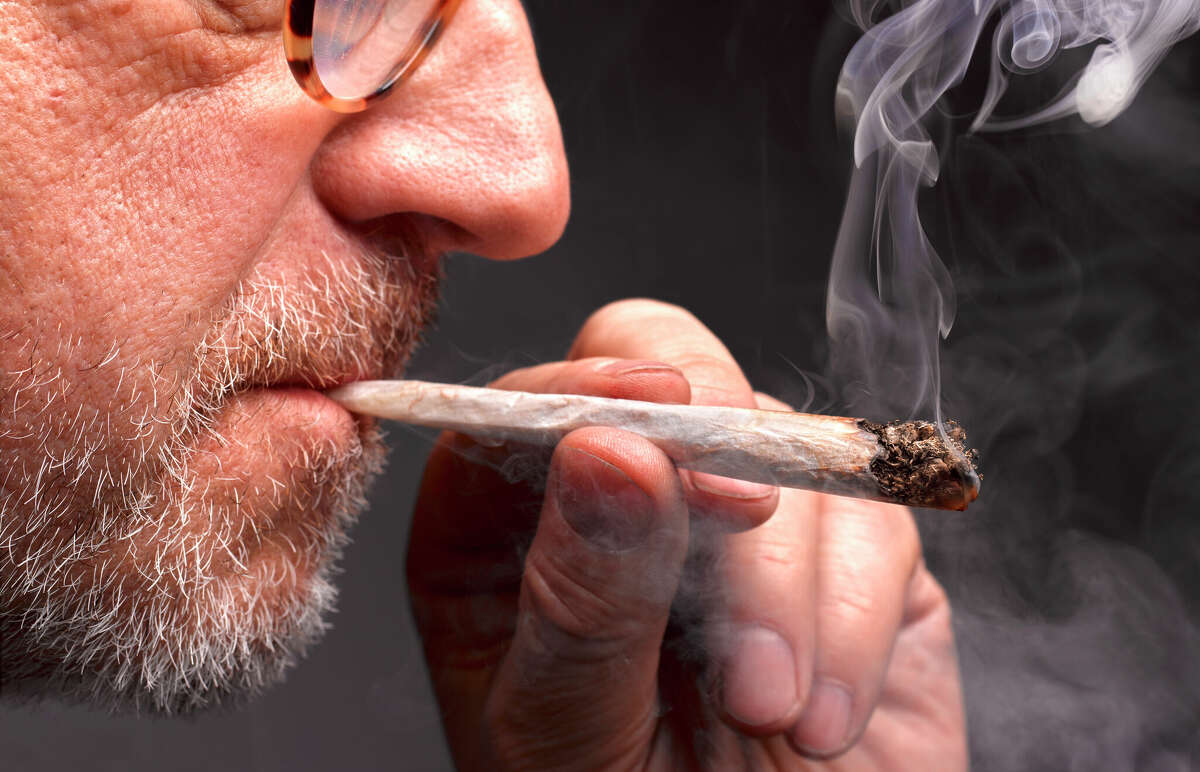Doctors are warning senior citizens to think twice about eating that extra pot brownie, in light of new research indicating an increase in pot-related emergency room visits.
Older adults have traditionally been far less likely to smoke pot than younger generations, but the growing destigmatization of cannabis is convincing more and more senior citizens to explore the benefits of this natural medicine. Gen Z and Millennials may get high more often than older adults, but senior citizens are actually the fastest-growing demographic of cannabis users in both the US and Canada.
But now that more seniors are getting high, more of them are getting too high. A recent study by the University of California San Diego reports that the number of senior citizens who were admitted to the ER for weed skyrocketed by 1,804% between 2005 and 2019. Many of these visits involved seniors who were taking cannabis to help with sleep or pain, but ended up panicking after consuming too much THC.
The combination of federal cannabis prohibition and social media censorship makes it especially hard to disseminate important information about how to use cannabis safely. And for some technologically-challenged seniors, it’s even harder to find reliable information about pot. That’s why some doctors are urging their colleagues to help educate older adults about the risks, benefits, and proper dosages of medical marijuana.
“There are a number of different situations where you could end up in the emergency department, because of a combination of cannabis and a medication or cannabis and another product,” said Dr. Lianne Hirano of the Geriatrics department at Harborview Medical Center in Seattle to KOMO News. “If you are a first time user, or if you are somebody who is used to using products from the 60s and 70s, today’s products are way more potent. Your body and your metabolism might not be used to that level of potency. That can be quite scary.”
Getting way too baked after eating too many edibles can be scary indeed, but these incidents rarely ever lead to serious health issues. Unlike opioids, benzos, and other widely-prescribed pharmaceuticals, it is impossible to overdose on cannabis, so most people who end up in the ER for weed are discharged without any long-term complications. There is an additional risk for seniors, though. Many commonly-prescribed medicines can negatively interact with cannabis, and these interactions can pose genuine health risks.
“Cannabis can interact with a number of medications because of the specific enzyme in the liver that metabolizes the cannabis,” Hirano told KOMO. “It’s a pretty common enzyme that a lot of medications are metabolized by and so because of that anti-depressants, anti-anxiety medications, alcohol, when taken in combination with the cannabis products can all respond more potently.”
Seniors who want to experience the healing powers of cannabis without the risk of getting too high still have a lot of options on the table. Topicals and lotions, for example, can help relieve pain and inflammation, but don’t have any psychoactive effects whatsoever. And there’s also a wide variety of non-intoxicating cannabinoids like CBD, CBN, and CBG that can provide health benefits without the high.











